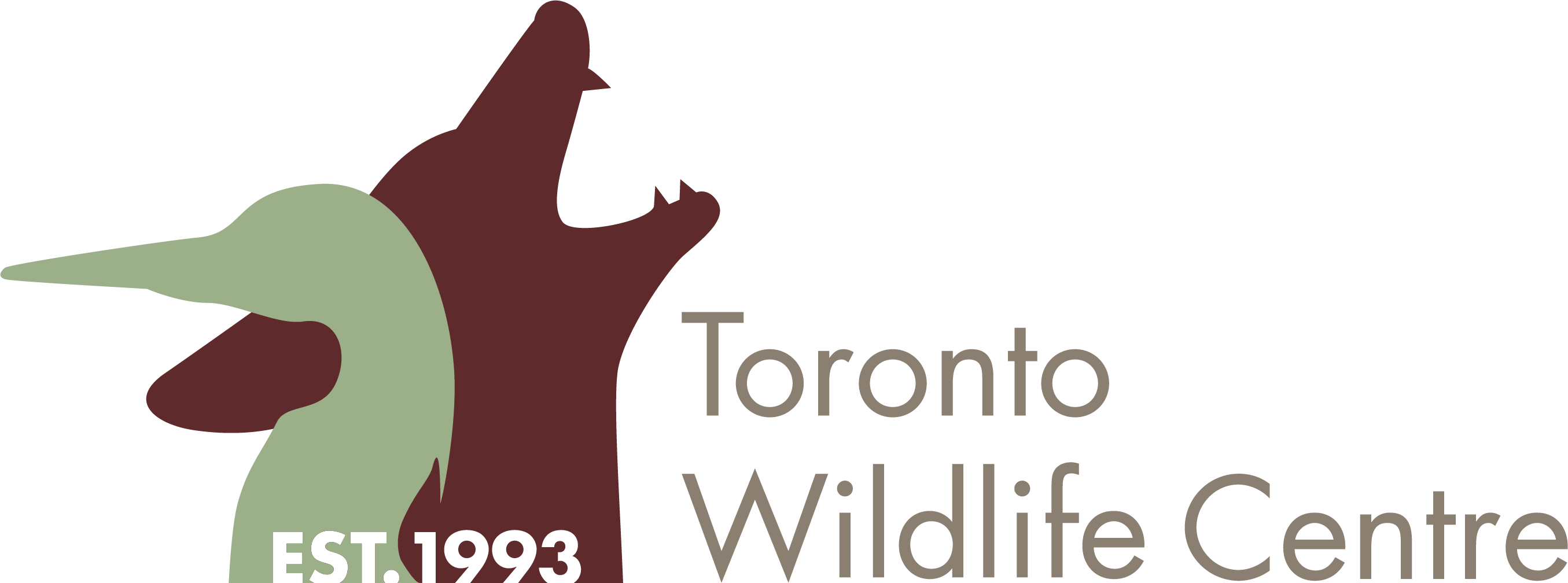Where to Get Help for Baby Opossums:
Wildlife Rehabilitation
Baby opossums should receive care from a licensed wildlife rehabilitator. Wildlife rehabilitators are trained to provide care for wild animals. They are licensed to do so by provincial and/or federal governments.
Baby opossums need specialized formula, species-specific housing, and medical treatment that you cannot provide at home. A permit is required to keep a wild in your care for longer than 48 hours. Please contact a wildlife rehabilitator right away for help with the baby opossum you have found.

